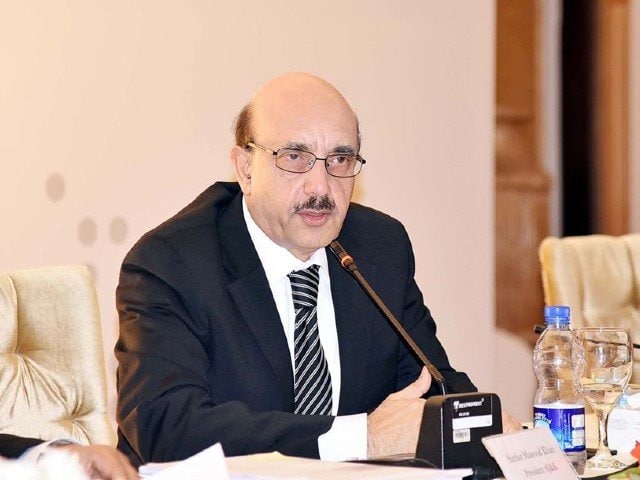Outstanding issues must be resolved quickly, definitively
Pakistan’s Ambassador to the United States Masood Khan Friday underscored the need for a fair and just distribution of water under the Indus Waters Treaty, saying it is key to water security and regional stability.
“Building a number of dams on the upper riparian parts of the rivers under Indian control eroded trust and creates myriad crises for Pakistan that included flooding, droughts, water scarcity, and disruption of energy supplies,” Masood Khan noted.
“The outstanding issues must be resolved quickly and definitively,” the envoy said, while virtually attending a discussion on “Pakistan’s Energy and Water Security Landscape” organised by Baker Institute, Rice University Houston as a keynote speaker.
Khan’s remarks came as the first hearing in a dispute between Pakistan and India pursuant to the IWT began on Friday at the Permanent Court of Arbitration after the Modi-led Indian government persistently refused to address the concerns Pakistan raised at the Permanent Indus Commission and during government-level talks.
The dispute brought before the court pertains to concerns raised by Pakistan over India’s construction of the 330 MW Kishenganga hydroelectric project on River Jhelum as well as Indian plans to construct the 850 MW Ratle Hydroelectric Project on River Chenab in the Indian Illegally Occupied Jammu and Kashmir.
The ambassador said Pakistan initiated reforms for water conservation, transition to modern agricultural technologies, re-afforestation, and water management and metering with the help of international financial institutions.










